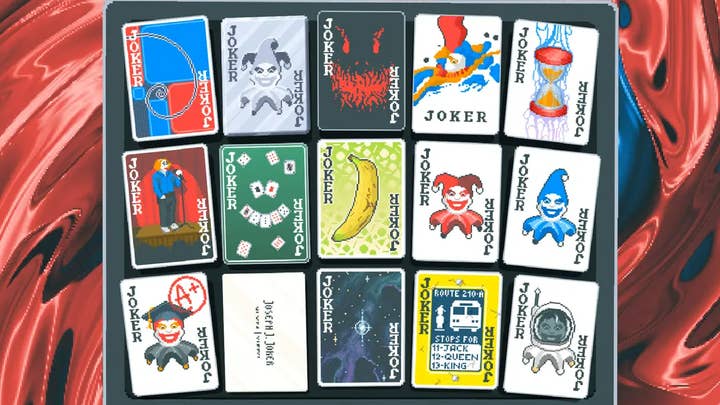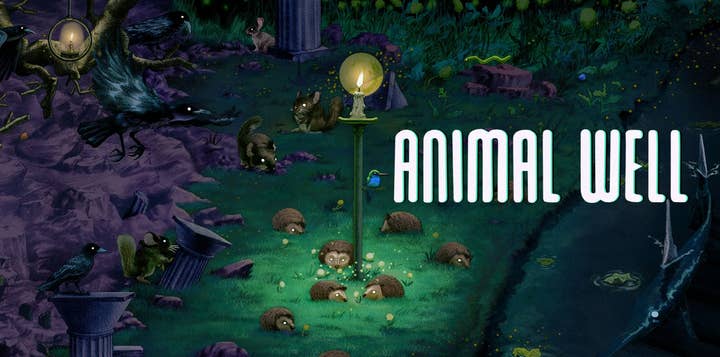The landscape of game publishing has evolved, with industry experts declaring that "the era of the generalist indie publisher is over"
The potential shutdown of Humble Games highlights the severe challenges that indie game publishers have faced over the past year and a half.
During this period, the industry has seen decreasing share values, job losses, fewer game signings, and complete closures of companies. Publishers are battling similar issues plaguing the wider gaming sector: declining revenue, overspending, and escalating costs. Additionally, enduring changes in the market are adding to the competition difficulties for publishers.
Simon Byron, Managing Director of Yogscast Games, commented on the unpredictability in publishing over the last decade, emphasizing the struggle to accurately predict a game's success before its release. According to Byron, forecasting is further complicated by market shifts, including oversaturation, subscription service impacts, and aggressive discount practices. Businesses stretched thin in prosperous times are now facing an environment where more adaptable companies thrive.
"There’s some inherent tension between public companies’ desire to have predictable revenue, and the reality of game development"
Snow Rui, Hooded Horse
Snow Rui of Hooded Horse noted that unrealistic goals have strained companies, especially those with demanding investors. Rui explained that public companies often face a clash between their need for consistent revenue and the inherently unpredictable nature of game development.
John Clark, with experience at Sega and Tencent, pointed out that companies are trying to balance stability with taking risks. Stable revenue usually comes from catalog games, while new ventures involve substantial risk. Clark mentioned that the high competition in the market has tested publisher skills and affected their investment confidence in new games.

Nigel Lowrie of Devolver remarked on the challenge of predicting successful games due to numerous variables. He noted that although indicators such as wishlists and media coverage can guide expectations, ultimate success is difficult to foresee.
"Publishing isn’t a science. And there’s a real danger when we treat it as such"Simon Byron, Yogscast
Byron added that while it's normal for sales to defy expectations, overly relying on pre-launch metrics like wishlists can mislead decisions. Effective engagement with players and observing community interaction can be better success indicators.
Lowrie suggested that avoiding risks could be more dangerous than it seems, advocating for publishers to embrace flexibility and experimentation.

Clark praised newer publishers like Kepler and Hooded Horse for their clear focus and streamlined operations, suggesting that these attributes help them thrive in a changing market. He observed that these companies could innovate by learning from the current landscape.
Byron expressed that the traditional methods no longer suffice due to abundant content, often available at low or no cost to players, making it essential for publishers to carve out specialized niches. This trend represents both a challenge and an opportunity, leading to growing success in self-publishing. Rui indicated self-publishing as a valuable alternative, motivating publishers to prove their worth.
Lowrie echoed that self-publishing offers a promising path for determined indie developers, though it demands substantial commitment. Despite the turmoil, there is optimism that new creative entities will emerge.
"I genuinely believe that this chaos will result in a new era of creativity."Nigel Lowrie, Devolver
Looking ahead, there is consensus that the industry won't revert to old norms. Clark predicted organizational change would bring new businesses and opportunities. Lowrie concluded by suggesting that while larger companies may avoid risks, new studios will push creative boundaries, fostering innovation in gaming genres.
